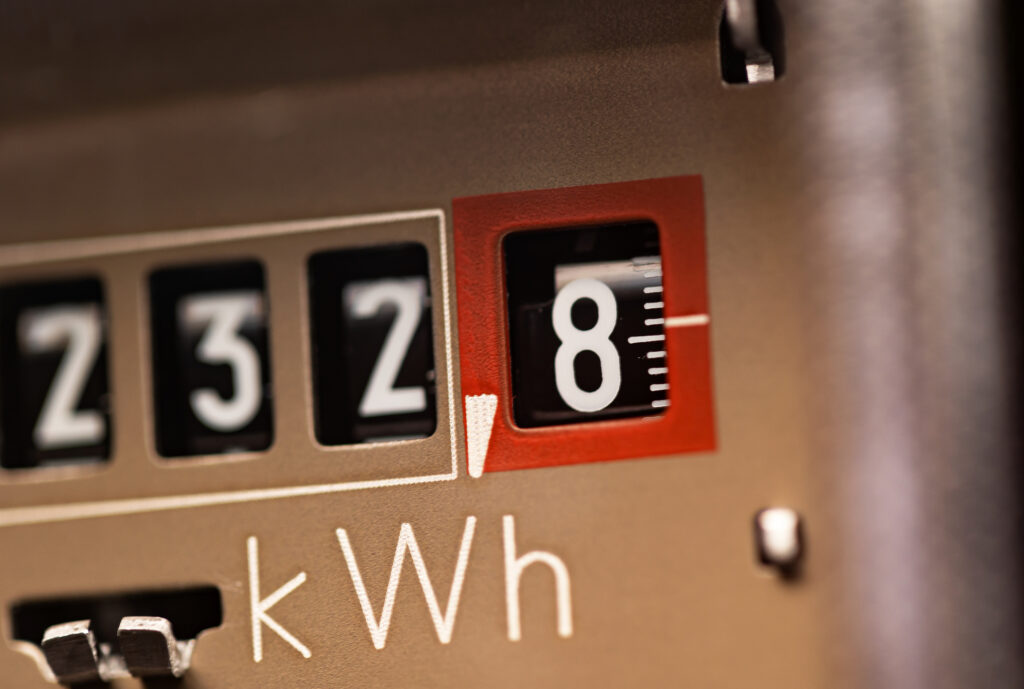Smart Buildings Blog
The latest on all things commercial building automation, energy management, and IoT
The Benefits of EMS/BAS in a Convenience Store

The adoption of Building Automation Systems (BAS) or Energy Management Systems (EMS) technology in convenience stores can vary depending on several factors, such as the size of the store, operational requirements, energy management goals, and budget considerations. While providing an exact frequency is challenging, it is increasingly common for convenience stores to implement BAS/EMS technology to optimize their operations and energy usage.
Larger convenience store chains with multiple locations, for example, are more likely to adopt BAS/EMS technology. These chains often have centralized management systems and resources to implement and monitor energy management strategies across their store network. Implementing BAS/EMS technology helps them achieve consistent control and energy efficiency throughout their stores.
In a recent study conducted by the U.S. Environmental Protection Agency (EPA) in collaboration with the National Renewable Energy Laboratory (NREL), convenience stores in the United States consume an average of 52 kilowatt-hours (kWh) of electricity per square foot per year. Convenience stores aware of this are now prioritizing energy efficiency and sustainability, as they recognize the potential for cost savings, reduced environmental impact, and improved operational efficiency through advanced energy management systems. As a bonus, BAS/EMS technology enables them to monitor and control energy usage, implement energy-saving strategies, and track performance over time.
It’s worth noting that in years past, budget constraints influenced the decision-making process regarding installing BAS/EMS technology at smaller convenience stores, especially independently owned and operated ones. However, technology has advanced, causing the costs associated with BAS/EMS implementation to decrease steadily, making it more affordable for a broader range of stores.
Adopting BAS/EMS technology is a growing trend across various industries, including the retail sector. As energy management and sustainability practices continue gaining importance, convenience stores increasingly recognize the benefits of implementing these systems. While not all convenience stores may currently utilize BAS/EMS technology, the prevalence is expected to increase over time as energy efficiency and environmental considerations become more critical in the retail sector.

Source: iStock
A Building Automation System (BAS) or Energy Management System (EMS) can offer several benefits to a convenience store by optimizing operations, improving energy efficiency, and enhancing overall store performance. Here are some ways a BAS/EMS can help a convenience store:
- Energy Efficiency: A BAS/EMS allows efficient management of energy-consuming systems within the store, such as heating, ventilation, air conditioning (HVAC), lighting, and refrigeration. It enables precise control, scheduling, and optimization of these systems, reducing energy waste and improving overall energy efficiency. This can lead to significant cost savings on energy bills over time.
- Temperature and Environment Control: With a BAS/EMS, convenience stores can closely monitor and control the store’s temperature, humidity, and ventilation levels. It ensures a comfortable customer shopping environment and optimal conditions for perishable products. Smart controls and sensors can adjust settings based on occupancy, time of day, or external conditions, efficiently maintaining the desired environment.
- Lighting Control: Lighting control is an essential feature of a BAS/EMS. It allows for the automation and optimization of lighting systems in the store. This includes scheduling lights to turn on/off based on occupancy or daylight availability, dimming capabilities, and integration with motion sensors. By reducing unnecessary lighting usage, convenience stores can save energy and extend the lifespan of lighting fixtures.
- Equipment Monitoring and Maintenance: A BAS/EMS can provide real-time monitoring and diagnostics of equipment, such as refrigeration systems, HVAC units, and other critical systems. It can detect abnormalities, equipment malfunctions, or performance inefficiencies, triggering alarms or notifications to store personnel. Early detection enables timely maintenance and reduces the risk of equipment failures, energy waste, and costly repairs.
- Data Analytics and Reporting: BAS/EMS systems collect and analyze data from various sensors and devices throughout the store. This data can provide valuable insights into energy usage patterns, equipment performance, and potential energy-saving opportunities. Analytical reports and dashboards can help store managers track energy consumption, set goals, and make informed decisions to optimize energy usage and reduce operational costs.
- Remote Monitoring and Control: Many modern BAS/EMS platforms offer remote access capabilities, allowing convenience store owners or facility managers to monitor and control the store’s systems from a central location or even through mobile applications. Remote access enables quick adjustments, troubleshooting, and maintenance, improving operational efficiency and reducing on-site visits.
- Compliance and Sustainability Reporting: A BAS/EMS can assist convenience stores in meeting regulatory requirements related to energy efficiency, carbon emissions, and sustainability reporting. By accurately monitoring and tracking energy usage and environmental data, stores can streamline compliance reporting processes and demonstrate their commitment to sustainable practices.
A BAS/EMS has become an affordable way for convenience stores to achieve energy savings, reduce operational costs, improve customer comfort, enhance equipment performance, and contribute to sustainability goals. By leveraging advanced automation, monitoring, and control capabilities, convenience stores can optimize operations, increase profitability, and create a more sustainable shopping environment.
Let FSG Smart Buildings help your convenience store chain with energy efficiency. Contact us and find out how we can deliver success for your organization today.
Interested in building automation and helping customers build smarter buildings? Come work for us! FSG Smart Buildings is hiring talented people looking for a great career in building automation.
More from the Blog

FSG Smart Buildings Wins Two Partner Leadership Awards
FSG Smart Buildings Wins Two Partner Leadership Awards
We are thrilled to announce that FSG Smart Buildings has been recognized with two Partner Excellence and Achievement Awards by Lynxspring. Award winners were…

Socially Responsible Investing (SRI) and Environmental, Social, and Governance (ESG)
Socially Responsible Investing (SRI) and Environmental, Social, and Governance (ESG)
Socially Responsible Investing (SRI) and Environmental, Social, and Governance (ESG) investing are both approaches that consider non-financial factors when making…

